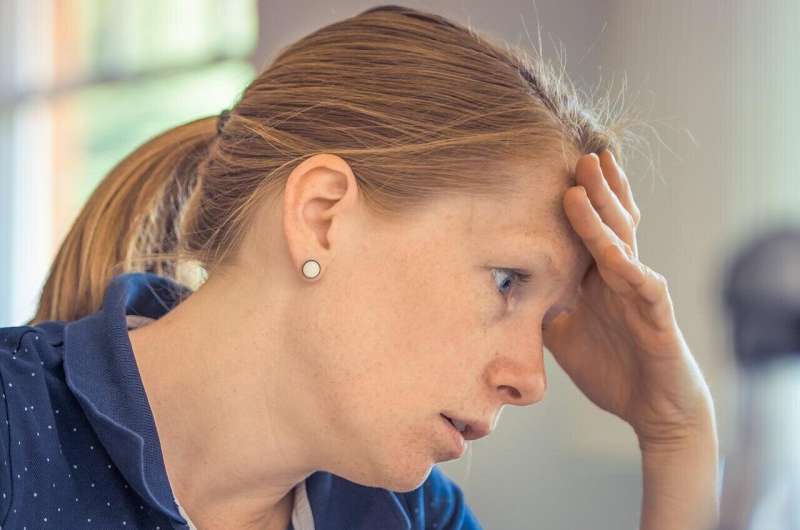Significant Increase in Memory and Cognitive Challenges Among U.S. Adults, New Study Reports

A new study reveals a significant rise in memory and thinking problems among U.S. adults, particularly those under 40, highlighting urgent public health concerns and disparities.
Recent research published in Neurology highlights a concerning trend: an increasing number of U.S. adults, especially those under 40, are experiencing serious issues with memory, concentration, and decision-making. The study analyzed over 4.5 million survey responses collected annually from 2013 to 2023, excluding responses from individuals with depression and data from 2020 due to the pandemic's unique effects. Findings revealed that the prevalence of self-reported cognitive disability grew from 5.3% in 2013 to 7.4% in 2023, with notable surges beginning around 2016. The most dramatic rise was seen in adults under 40, where rates nearly doubled from 5.1% to 9.7%. Interestingly, older adults aged 70 and above saw a slight decrease in these reports. The study also uncovered significant socioeconomic and racial disparities; adults with household incomes below $35,000 consistently reported the highest rates of cognitive difficulties, rising from 8.8% to 12.6%, whereas those earning over $75,000 experienced lower increases. Educational disparities were evident too, with adults without a high school diploma reporting rates climbing from 11.1% to 14.3%. Across racial and ethnic groups, increases were observed universally, with American Indian and Alaska Native adults experiencing the highest prevalence. Experts suggest that these findings reflect broader public health challenges, emphasizing the need to address social, economic, and health factors contributing to cognitive decline. The reasons behind the sharp rise among younger adults remain unclear but could involve changes in brain health, increased awareness, or social influences. Limitations of the study include reliance on telephone surveys and broad definitions of disability, but the trend underscores a pressing health concern that warrants further investigation.
Stay Updated with Mia's Feed
Get the latest health & wellness insights delivered straight to your inbox.
Related Articles
Research Highlights Long-Term Mental Health Effects of Domestic Violence
A groundbreaking study reveals that women who experience domestic violence face prolonged mental health challenges, including PTSD and depression, even decades after the abuse ends. The research highlights the importance of long-term support for survivors and the need for further exploration into trauma's lasting effects on brain health.
Online Cognitive Behavioral Therapy Offers New Hope for Women with Bulimia
A new study reveals that guided online cognitive behavioral therapy significantly reduces bulimia symptoms in women, offering an accessible treatment option for those facing barriers to traditional care.
Neural Similarities in Brain Responses to Movie Clips May Predict Future Friendships
A groundbreaking study reveals that strangers with similar brain responses to movie clips are more likely to become friends, highlighting the neural basis of social bonding and connection.
Addressing Interpersonal Violence as a Critical Public Health Issue in New Zealand
New research highlights that over 60% of women in New Zealand experience interpersonal violence, linking it to serious health issues and hospitalizations. Recognizing violence as a public health crisis is vital for effective prevention and care.



